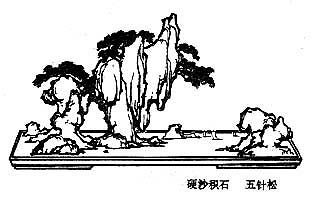Lun Yu 
 – The Analects of Confucius
– The Analects of Confucius
The Master discusses with his disciples and unveil his preoccupations with society. Tr. Legge (en), Lau (en) and Couvreur (fr).
Lunyu XIX. 5. (489)
The indications of a real love of learning:– by Tsze-hsiâ.
Tsze-hsiâ said, "He, who from day to day recognizes what he has not yet, and from month to month does not forget what he has attained to, may be said indeed to love to learn."
Legge XIX.5.
Tzu-hsia said, 'A man can, indeed, be said to be eager to learn who is conscious, in the course of a day, of what he lacks and who never forgets, in the course of a month, what he has mastered.'
Lau [19:5]
Tzeu hia dit : « Celui qui chaque jour examine ses manques, et qui chaque mois examine s'il n'a rien oublié de ce qu'il a appris, celui-là désire vraiment apprendre. »
Couvreur XIX.5.

The Analects of Confucius – Lun Yu XIX. 5. (489) – Chinese off/on – Français/English
Alias the Lunyu, the Lun Yü, the Analects, les Entretiens du maître avec ses disciples.
The Book of Odes, The Analects, Great Learning, Doctrine of the Mean, Three-characters book, The Book of Changes, The Way and its Power, 300 Tang Poems, The Art of War, Thirty-Six Strategies
Welcome, help, notes, introduction, table.
Index – Contact – Top























